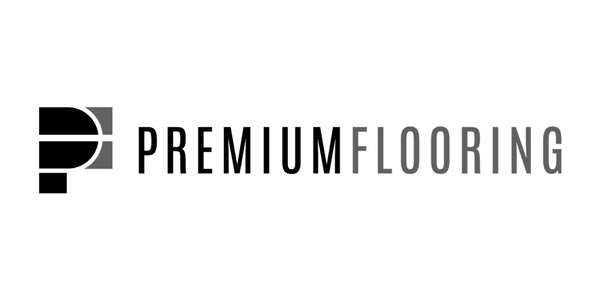When it comes to selecting the right flooring for your home or business, understanding the difference between waterproof and water-resistant options is crucial. Premium Flooring Australia, a leader in high-quality flooring solutions, offers insights into these two types of flooring, helping you make an informed decision for your space.
Understanding Waterproof Flooring
Waterproof flooring, as the name suggests, is designed to be impervious to water. This type of flooring remains unaffected and undamaged when exposed to water. It's an ideal choice for areas in your home or business that are prone to moisture, such as bathrooms, kitchens, and basements. Premium Flooring Australia offers a range of vinyl flooring products, known for their waterproof qualities. These products are typically made from polyvinyl chloride (PVC) and other natural stone materials like limestone, providing a durable and water-resistant surface.
However, it's important to note that while waterproof flooring can withstand water, it does not make the space itself waterproof. Issues like water seeping into the subfloor can still occur, so it's essential to address any underlying moisture issues before installation.
The Role of Water-Resistant Flooring
Water-resistant flooring, on the other hand, can handle liquid spills effectively, as long as they are wiped up promptly. This type of flooring offers limited protection from water, making it suitable for areas where spills are occasional and not a constant concern. It's a practical choice for living rooms, bedrooms, and other areas where moisture exposure is minimal.
Despite its ability to resist spills, water-resistant flooring is not designed to handle prolonged exposure to water. If water is allowed to sit, it can seep into cracks and seams, leading to potential damage like swelling, buckling, and blistering.
Key Considerations for Flooring Selection
When selecting the ideal flooring for your space, whether it's for a residential or commercial setting, there are several crucial factors to consider. Here's a list with explanations to guide you through the process:
Assess the Environment and Water Exposure Risk:- High Moisture Areas: For spaces like bathrooms, kitchens, and basements, where the risk of water exposure is high, waterproof flooring is the recommended choice. Premium Flooring Australia's waterproof options ensure that the flooring remains unaffected by water, thus maintaining its integrity and appearance over time.
- Low Moisture Areas: In parts of the home or business where water exposure is minimal or occasional, such as living rooms or bedrooms, water-resistant flooring is a viable option. It's more cost-effective and still offers a level of protection against occasional spills, provided they are cleaned up quickly.
- Waterproof Flooring: Even when opting for waterproof flooring, the installation process plays a pivotal role in ensuring its effectiveness. Proper installation and sealing, especially around the edges, are essential to prevent water from seeping underneath the flooring. This is crucial as water infiltration can lead to damage not only to the flooring but also to the subfloor.
- Premium Flooring Australia's Solutions: To aid in this, Premium Flooring Australia offers a range of high-quality adhesives and subfloor coatings. These products are designed to enhance the flooring's durability and longevity, ensuring that your investment remains protected against potential water damage.
Consider Long-Term Durability and Maintenance:
- Waterproof vs. Water-Resistant: While waterproof flooring offers a higher level of protection against water, it's also generally more durable and requires less maintenance in the long run. Water-resistant flooring, while practical, may require more frequent checks and maintenance to ensure that it remains in good condition, especially in areas with occasional spills.
- Budget Considerations: Your budget plays a significant role in the decision-making process. Waterproof flooring might be a higher initial investment but can be more cost-effective in the long run, especially in high-moisture areas. Water-resistant flooring, being more affordable, can be a suitable choice for areas with lower moisture exposure, balancing cost and functionality.
A Quick Summary
In summary, the choice between waterproof and water-resistant flooring depends on your specific needs and the conditions of the space. Premium Flooring Australia offers a variety of options in both categories, ensuring that you can find the perfect flooring solution for your home or business. By understanding the differences and considering the environmental factors, you can select a flooring option that not only looks great but also provides the necessary protection against water and moisture.

